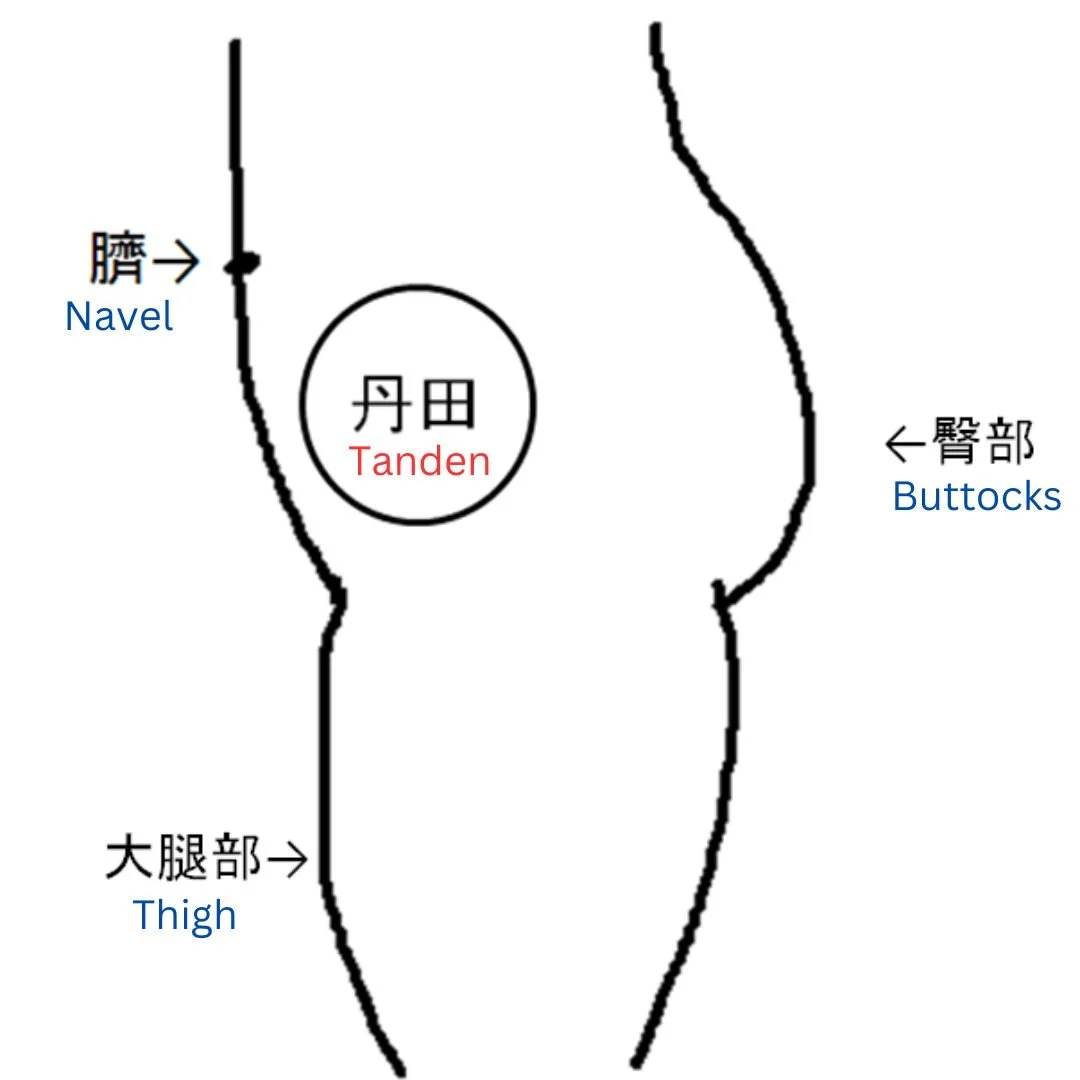Where does the power for kan on really come from?
Power comes from within: Playing kan on
Last time, we talked about the danger of tension — especially when playing kan on (the higher register of shinobue).
It’s very common for unwanted tension to creep into the mouth, jaw, tongue, throat, and shoulders at this stage, leading to a strained, weak, or windy tone.
But why does this happen?
Because kan on requires more power.
If we need more power, but we can’t rely on tightening our mouth, jaw, or shoulders… where does that power come from?
The answer: Your core
Our bodies are designed to use the core muscles for heavy lifting.
Imagine your car broke down. Would you push it with just your arms? Of course not — you’d squat, engage your core, and move it with the strength of your whole body.
Why does a baseball pitcher wind up before throwing? Not just for style — it’s so the power comes from the core, not the arm alone.
Even in childbirth classes, I was taught to push from the core. For something truly significant, the body naturally calls on these deeper muscles.
The shinobue is the same. If you want a significant tone, especially in kan on and dai kan on, you must involve the core.
Tanden - The Center of Power
My teacher, Bunta-sensei, often talks about tanden — the center of energy just below the navel.
When you play shinobue, you may think: “I’m just blowing air into this bamboo stick. Why should I worry about my stomach muscles?”
But remember the pitcher: they have the ball in their hand, yet they don’t throw with only the arm. They throw with the whole body.
If you rely on your face and shoulders to supply the power, tension builds up in all the wrong places.
If you learn to use your core instead, the mouth and shoulders can “retire” from doing the heavy lifting — finally free to relax.
Step by Step
This shift doesn’t happen overnight. It takes awareness, patience, and practice:
Every time you play, check in with your body.
Redirect the effort from your shoulders and jaw to your core.
Keep seeking release where you don’t need tension.
Over time, your tone will grow freer, your playing will feel easier, and your sound will gain the consistency and depth you’ve been searching for.

